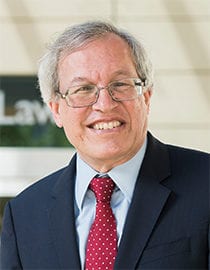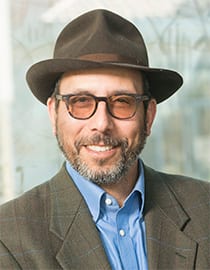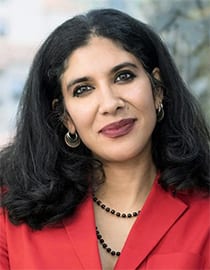
By Gwyneth K. Shaw

UC Berkeley Law is the top public law school in the United States, according to two recently released rankings. Times Higher Education ranks the school sixth in the world, while Quacquarelli Symonds’ World University Rankings places it in the seventh slot.
Two recent studies of scholarly impact also place the school’s faculty as the best among public institutions.
In addition, preLaw magazine’s field and subject rankings give UC Berkeley Law top marks across a range of disciplines, with an A+ rating for technology, international, criminal, intellectual property, environmental, human rights, and business law. Legal technology (with a No. 1 ranking nationally) and racial justice (No. 6) also garnered an A+ rating. The school earned an A for employment and public policy law, and an A- for trial advocacy.
The latest version of a study by a group of professors at St. Thomas University School of Law that tracks citations as a measure of professors’ influence ranks UC Berkeley Law’s powerhouse faculty sixth in the country in scholarly impact. A separate ranking of the top 100 legal scholars by citation, by researchers at George Mason University, shows UC Berkeley Law tied for No. 2 with Harvard and NYU with six scholars each. In both cases, UC Berkeley Law is the highest-ranking public school.
Dean Erwin Chemerinsky is the school’s most-cited scholar and ranks second nationally, according to the St. Thomas analysis.
He and six professors were recognized among the most-cited scholars in their fields between 2019 and 2023. Professors Khiara M. Bridges, Daniel A. Farber, Ian Haney López, Peter S. Menell, Robert P. Merges, Pamela Samuelson, Steven Davidoff Solomon, and John Yoo round out the most-cited scholars among the faculty.

Chemerinsky, who’s also the top-cited constitutional law professor during that stretch, calls the faculty’s ranking a testament to the depth and breadth of their excellence.
“I was delighted to see that Berkeley Law was sixth among all law schools in the country in the recent study of scholarly impact, as well as having many faculty who are among the most frequently cited in their fields,” he says. “This reflects that Berkeley Law has a very prolific faculty whose scholarship is widely recognized as important and influential.”

The so-called “Leiter score,” which originated with University of Chicago professor and law blogger Brian Leiter, calculates a faculty’s scholarly impact from the mean and the median of total law journal citations for tenured faculty members over a five-year period. More recently, a group of professors at St. Thomas have taken on updating the rankings every three years.
Berkeley Law ranked sixth in the 2021 edition of that analysis, up from seventh in 2018. The school has hired more than 30 full-time professors since 2017, including nine in one year in both 2019 and 2023.
They’ve bolstered an already impressive faculty with an infusion of new ideas, scholarly agendas, and methodological chops. More than half hold doctorate degrees in law or another social science.

Leiter used the data compiled by the St. Thomas researchers to create his own lists of the most-cited professors in various fields. Here’s who made the list from Berkeley Law:
- Constitutional Law: Chemerinsky, No. 2
- Labor and Employment Law: Catherine Fisk, No. 3
- Law and Social Science (excluding economics): Jonathan Simon, No. 7; Sean Farhang, No. 14
- Law and Technology: Paul Schwartz, No. 9
- Corporate Law & Securities Regulation: Solomon, No. 3
- Legal History: Christopher Tomlins, No. 10 (tie)
Another recent analysis of citations for 114 tax law professors with Google Scholar pages lists Professor Alan Auerbach No. 2 and Professor Dhammika Dharmapala No. 7.
The George Mason researchers based their results on law review articles published in the HeinOnline Law Journal Library from 2018 through 2020.

UC Berkeley Law’s scholars are:
- Solomon, No. 31
- Professor Andrew Bradt, No. 40
- Professor David Singh Grewal, No. 51
- Professor Sonia Katyal, No. 52
- Chemerinsky, No. 58
- Professor Rebecca Wexler, No. 65